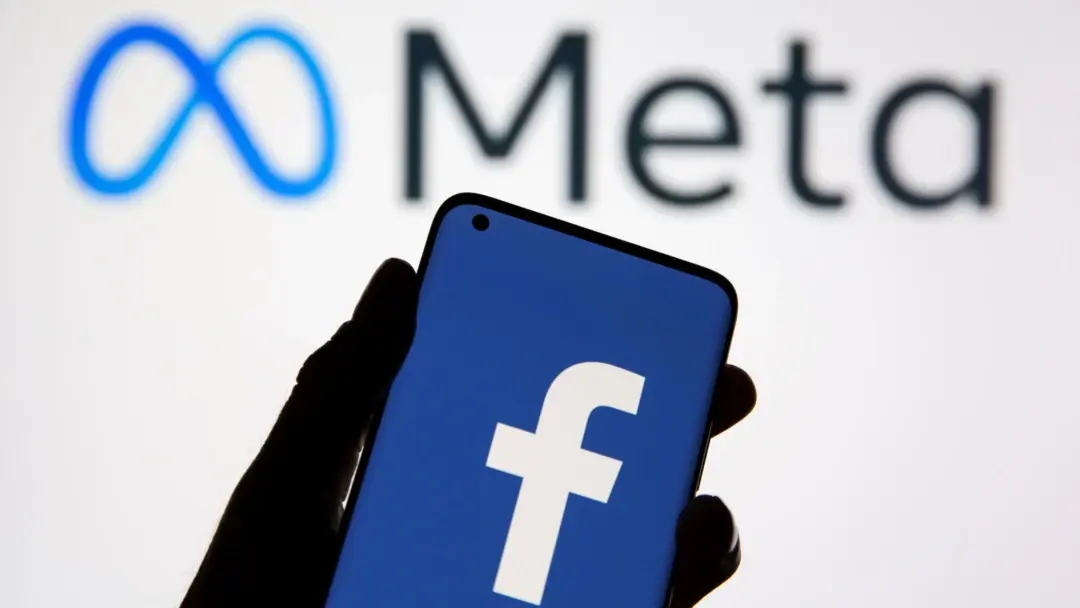Meta’s head of augmented reality (AR) software has recently announced his resignation, raising questions about the company’s future in the AR space. This development comes at a crucial time for Meta, as it strives to build hardware that can provide access to an immersive virtual “metaverse” and replace laptops and mobile devices. The departure of the AR software head has sparked concerns about the company’s ability to overcome the challenges it faces in developing AR products and bringing them to market.

A spokesperson of Meta confirmed the report to Reuters on Friday. This raises concerns about the company’s progress in developing a custom operating system for its planned AR glasses. Meta Vice President of Engineering Don Box announced the end of his tenure within the company this week. However, he did not say what his next steps would be.
A Meta spokesperson confirmed that Box will be leaving the company at the end of the week. He also said that Box is doing so for personal reasons and that his decision will not have any impact on the product roadmap. Sources say Box is a veteran engineer and his departure could hamper progress on the operating system, a key component of Meta’s AR glasses project.
Background
Meta, previously known as Facebook, has been investing heavily in augmented and virtual reality technologies, envisioning a future where billions of people inhabit immersive digital environments for work, socializing, and entertainment. However, the company is doing all it can to ensure that it fixes and releases its AR/VR products. The company is also working on a unified custom operating system for its virtual reality headsets and smart glasses. Moreover, Meta’s flagship virtual-reality game, Horizon Worlds, is in development. At the moment, with regards to the product, there is a “quality lockdown” as the company works to improve the app.
Sources say Meta has been planning to launch the first generation of AR glasses by next year. However, they would be for internal use only and used by a select group of developers. Meta aims to launch its first AR glasses to consumers in 2027.
Meta CEO Mark Zuckerberg once described AR glasses as a masterpiece, and he is working hard to build hardware that can provide an immersive virtual “metaverse” experience and replace laptops and mobile devices. Chief Technology Officer Andrew Bosworth, head of the company’s Metaverse-focused Reality Labs division, recently said that Meta is working to build its AR product that can be bought in the market. He confirms that the company may need a few years to put this product together.

Box’s work history
Meta originally hired Box in 2021 to find a path forward after the failure of its XROS project, which was aimed at creating a unified platform for its virtual reality headsets, Ray-Ban Stories smart glasses and planned augmented reality glasses. Box split the 300-person XROS department into teams dedicated to each device line early last year. He also personally took over the team focused on AR software.
Prior to joining Meta, Box had been with Microsoft since 2002. His last position at Microsoft was responsible for mixed reality engineering, which involved developing software for the HoloLens2 headset and related AR/VR services. Box was previously best known for leading the creation of the Xbox One operating system and later for running Microsoft’s core operating system group, which is responsible for all Windows products.
Implications for AR Glasses
The resignation of Meta’s head of AR software has raised concerns about the impact on the company’s AR glasses. Meta CEO Mark Zuckerberg has described AR glasses as a pivotal part of the company’s vision for the metaverse. However, with the departure of the AR software head, there are uncertainties about the timeline for bringing AR products to market and the company’s ability to address the challenges it faces in this domain. Nevertheless, Meta states that this will not affect its progress in the AR software field. The company says that it will do all it can to find a suitable replacement and move on with the AR software project.
Meta’s Progress in AR and VR
Despite the challenges, Meta has made significant progress in augmented and virtual reality technologies. The company has shipped cutting-edge devices, such as the Meta Quest Pro, which incorporates mixed reality and advanced display and optics technologies. Meta’s investment in research and development for VR and AR technologies has resulted in the development of next-generation display technologies and systems for mixed reality, providing a glimpse into the future of AR and VR hardware.

Future Outlook
The resignation of Meta’s head of AR software comes at a critical juncture for the company as it navigates the complexities of developing AR products and realizing its vision for the metaverse. While the departure raises concerns about the company’s ability to overcome its current challenges, Meta’s continued investment in AR and VR technologies demonstrates its commitment to shaping the future of immersive digital experiences.
Final Words
The resignation of Meta’s head of augmented reality software has significant implications for the company’s AR ambitions and the development of AR glasses. As Meta continues to put its AR product that can be sold in the market together, the future of its augmented reality endeavours remains a topic of keen interest and scrutiny within the tech industry. What do you think about the resignation of Meta’s head of augmented reality (AR) software? Let us know your thoughts in the comment section below





